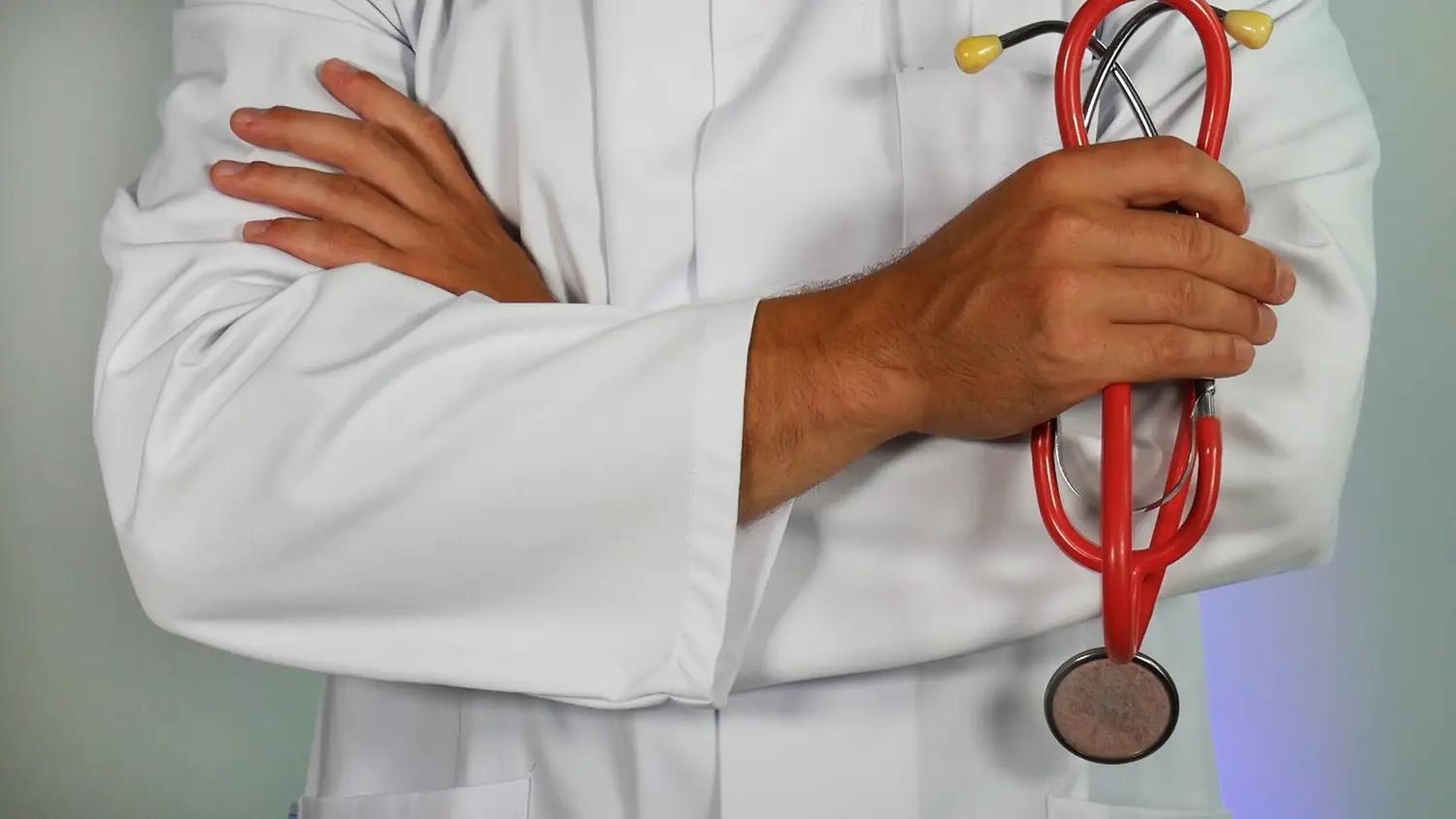
A Breath of Fresh Air: New Treatment Strategies for Chronic Rhinosinusitis With Nasal Polyps
English
Recorded Courses
hosted by Rockpointe Corporation
hosted by Rockpointe Corporation
attend it anywhere online
category
Medicine
price
On Book
A Breath of Fresh Air: New Treatment Strategies for Chronic Rhinosinusitis With Nasal Polyps is organized by Rockpointe Corporation.,Release Date: Sep 30, 2022,Expiration Date: Sep 30, 2023,Description:,Chronic rhinosinusitis with nasal polyps (CRSwNP) is the most common cause of nasal polyposis, and approximately one-third of patients with chronic rhinosinusitis (CRS) will develop nasal polyps. CRSwNP is associated with significant morbidity and negative impacts on patient quality of life, making rapid diagnosis and treatment highly important. Until recently, treatment for CRSwNP has included topical therapy, systemic corticosteroids, and surgery, with minimal efficacy and high morbidity. However, an improved understanding of the pathophysiology of CRSwNP has led to the development of numerous biologic therapies that target the inflammatory pathways underlying disease pathogenesis. These agents are more effective and less toxic than historic treatments.,This activity, A Breath of Fresh Air: New Treatment Strategies for Chronic Rhinosinusitis with Nasal Polyps will review the major causes of nasal polyps and how to diagnose CRSwNP, the pathophysiology of CRSwNP, the safety and efficacy of approved treatment options that target the underlying pathophysiology of CRSwNP, and new agents on the horizon.,Educational Objectives:,At the conclusion of an activity, participants should be able to:,• Describe the role of the immune system in the pathogenesis of chronic rhinosinusitis with nasal polyps,• Diagnose patients with Th2-driven nasal polyps based on current guideline recommendations,• Evaluate current and emerging treatment options for patients with chronic rhinosinusitis with nasal polyps on the basis of safety and efficacy data,• Integrate novel biologic therapy into the management of patients with chronic rhinosinusitis with nasal polyps
